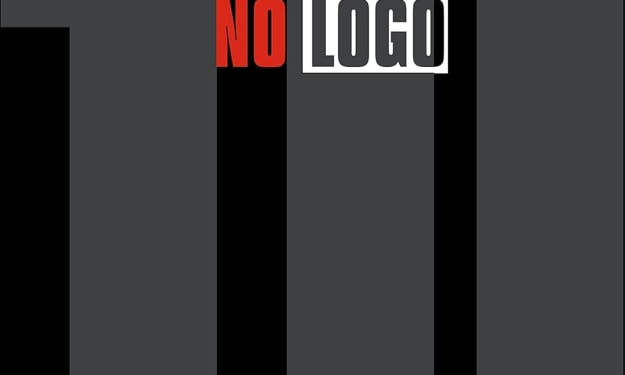Film review:Green Book
Viggo Mortensen and Mahershala Ali are ‘staggeringly good’ in a flawed film that seems bound for Oscars nominations

Tony Vallelonga is a hot-tempered Italian-American nightclub bouncer. Don Shirley is a highly educated black pianist. Dr Shirley, as he’s known, can play Chopin – a name that comes out of Tony’s mouth sounding like ‘Joe Pan’. In 1962, the decorous, tightly-wound Shirley hires the brash Tony to drive and give him some thuggish protection on a concert tour through the segregated American South. Only someone who has never viewed a movie before – not just Driving Miss Daisy, but any movie at all – will fail to see where this odd-couple, buddy-comedy road movie is going.
Fortunately, Green Book has Viggo Mortensen as Tony and Mahershala Ali as Shirley, actors who are staggeringly good in everything they do. They make the film watchable and often entertaining, despite its predictability and glaring flaws. Green Book, which won the Audience Award at the Toronto International Film Festival and seems bound for Oscar nominations, is proof that a film can be awards-ready without actually being very good.
Mortensen, with a pot belly and a Bronx accent, disappears gleefully into his role as a soft-hearted slob. He makes Tony so warm and fun to watch – look at him fold an entire large pizza in half and eat it like a sandwich – that it’s easy to overlook the fact that the character is one more fast-talking Italian-American stereotype. He’s a small-time scammer, tough on the outside, yet a family man to his core, with a pasta-eating dinner table full of relatives and a patient wife (Linda Cardellini), who is smarter than he is.
In an early scene, Tony also reveals himself to be an unthinking racist, setting up the problem the film will, of course, resolve. After two black workmen leave his kitchen, he picks up the water glasses they have drunk from and tosses them into the bin. Green Book is at times as unaware as Tony, stumbling into the stereotypes it is supposedly trying to break down.
The film is based on actual people and events, and the screenplay was co-written by Nick Vallelonga, the real-life Tony’s son. The story is primarily Tony’s, often told from his point of view.
The buttoned-down Shirley is the less flashy role, even though when he first interviews Tony for the driver’s job, he is wearing a white and gold African robe and sitting on a throne-like chair in his apartment above Carnegie Hall. On the road, the men are cranky with each other at first, but before long, Shirley is helping Tony write more romantic, grammatically correct letters to his wife.
Ali can convey depth and thoughtfulness with a single glance, and he almost delivers a character where the screenplay doesn’t
Shirley speaks several languages, has advanced degrees and sells his exceptional talent short by performing a crowd-pleasing mix of classically-infused pop. He is extraordinary by any measure, but the screenplay only hints at the layers of his character, skittishly racing past a scene that reveals he is gay.
Ali is so strong a presence that he can convey depth and thoughtfulness with a single glance, almost delivering a character where the screenplay doesn’t. “Dignity always prevails,” he tells Tony, a line that explains the restrained posture Shirley assumes as a defense against a world of indignities. The most eye-opening aspect of the film exposes that everyday racism, which still shaped the Deep South in the early 1960s. Shirley hands Tony a small volume called The Negro Motorist Green Book, an actual handbook that guided black travelers to hotels and restaurants that would accept them. In one harrowing scene, Tony and Shirley are pulled off the road by police because a local law forbids black people to be out after dark.
But even Mahershala Ali can only do so much with a film in which Tony assumes that Shirley loves fried chicken, then after learning that the stereotype doesn’t apply, teaches him to appreciate fried chicken after all. Why shatter a stereotype if you’re just going to put it together again?
Director Peter Farrelly has made broad comedies with his brother, including the perfectly named Dumb and Dumber and Something About Mary. Working on his own here, he doesn’t veer far from that formula, opting for obvious comedy at every turn. The film heads inevitably toward a moment of brotherhood between two men who must have seemed unlikely friends in life, and are all too likely on screen.
About the Creator
Cindy Dory
When you think, act like a wise man; but when you speak, act like a common man.






Comments
There are no comments for this story
Be the first to respond and start the conversation.